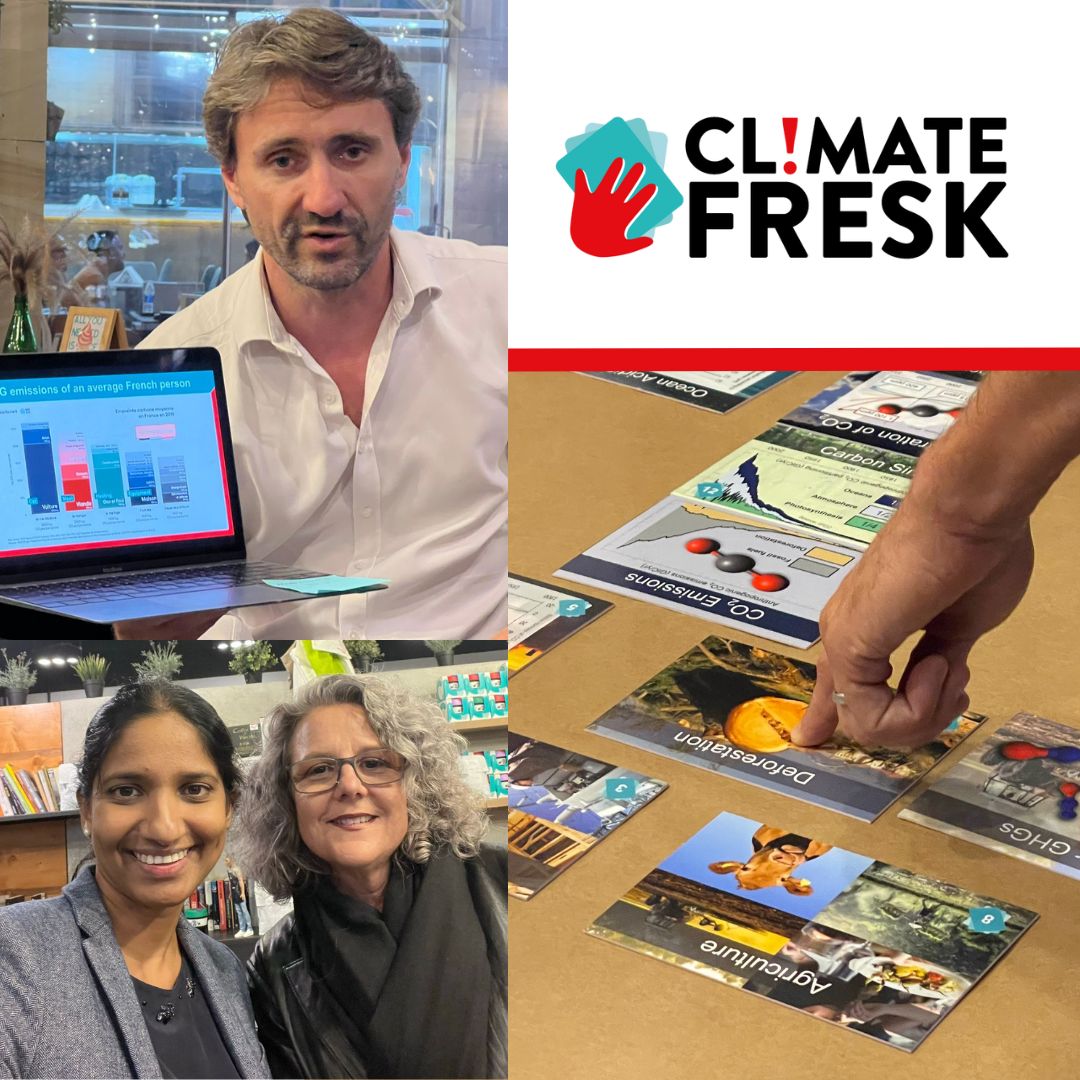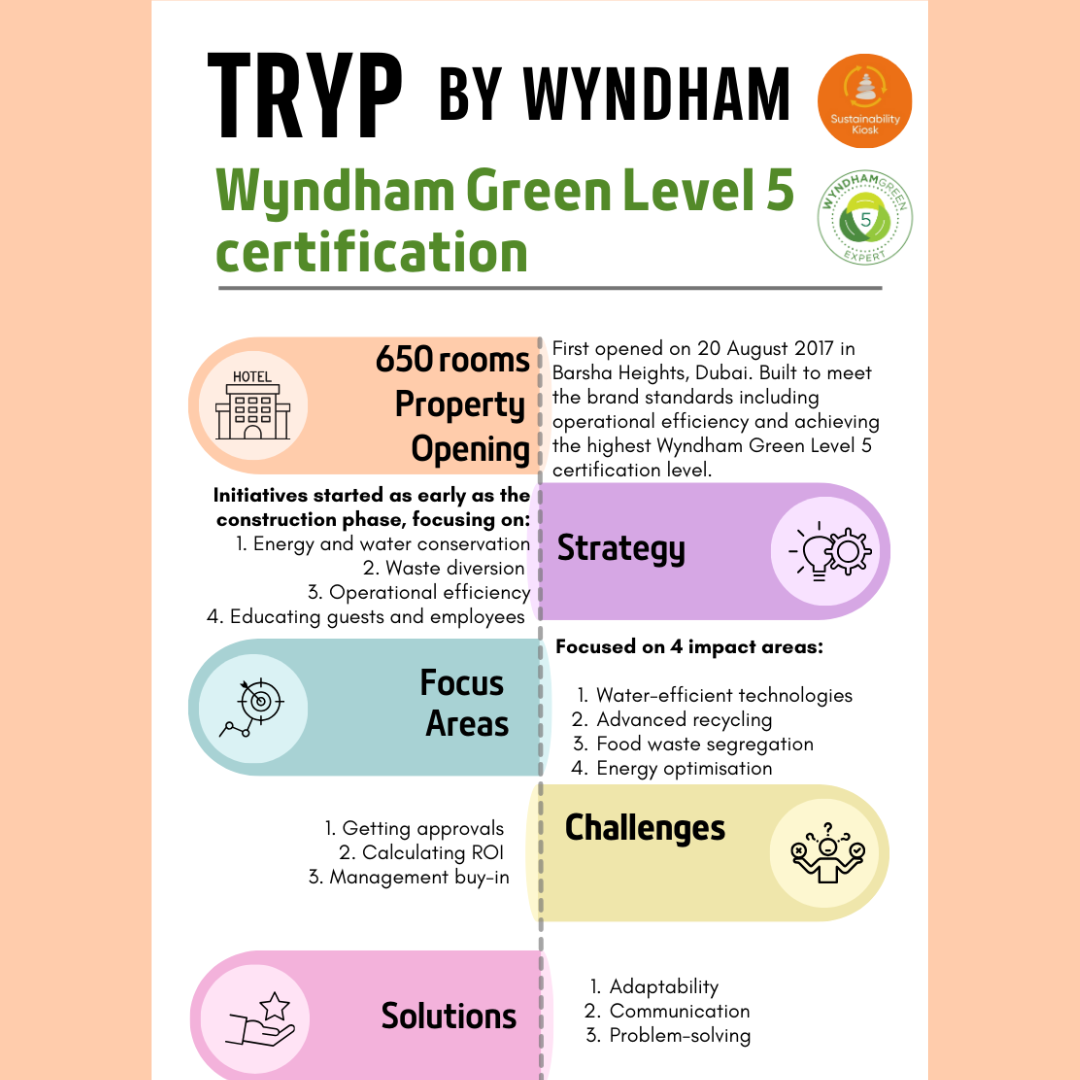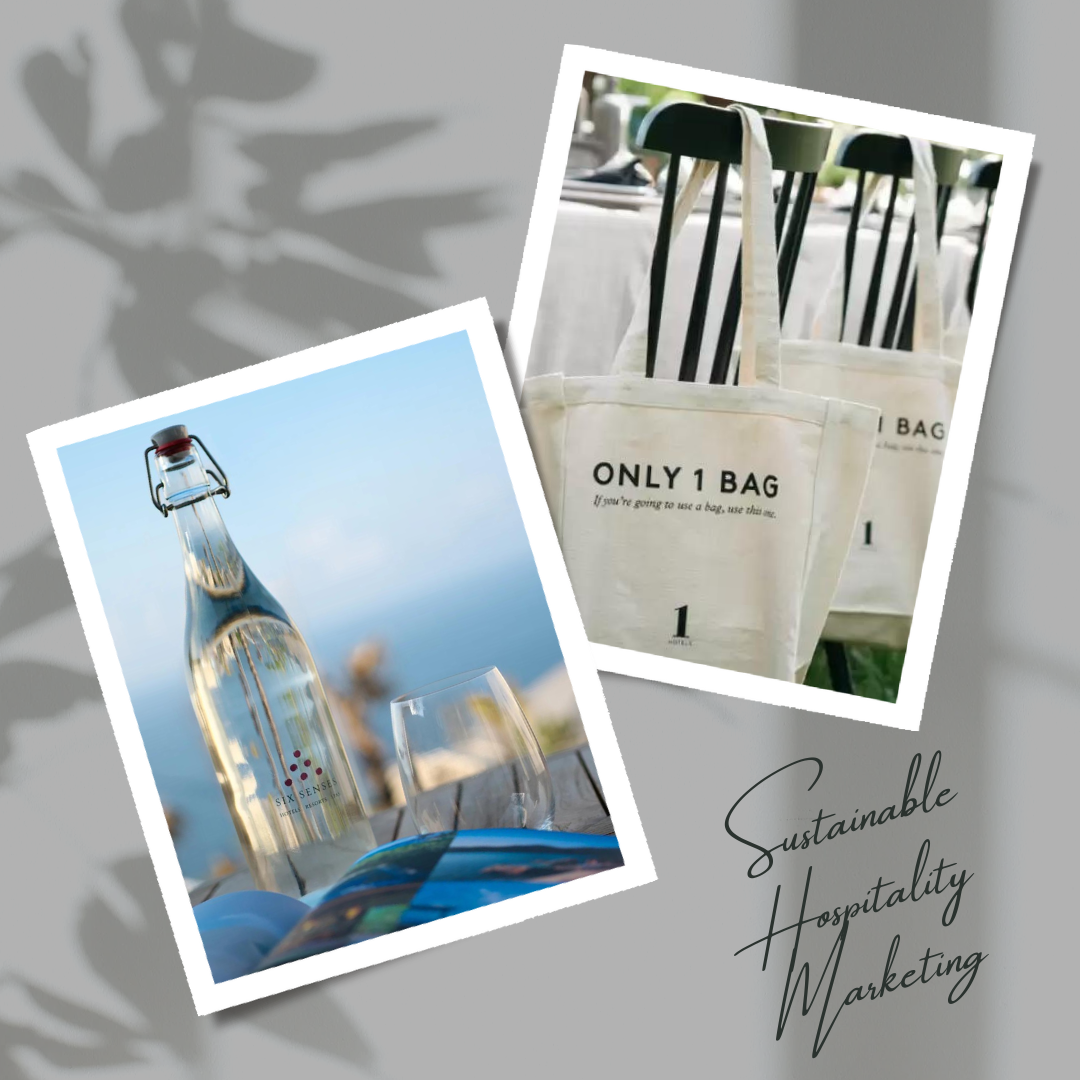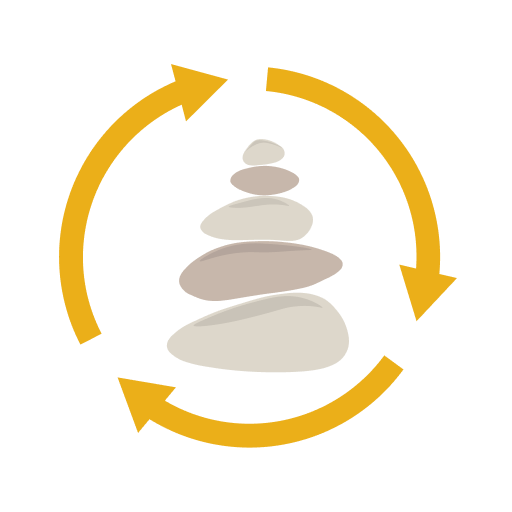Why SUMAS and what feasible actions I took back from 60 days at SUMAS
Moving to the countryside to my family farm from Mumbai, a thriving metropolitan in India has truly humbled me.
Consistent actions create consistent results – a quote that I have believed in and done my best to incorporate into my business. Sustainability is a profound subject, not just a buzzword anymore. We stand at a threshold, where being inclusively sustainable is the only way forward to long term development and growth. But what is sustainability without action? There is enough data now to give us a clear pathway about what businesses should be doing, research and conferences aplenty, but for me, the crux of the matter is the application of this principle, mainly at the grassroots level.
Moving to the countryside to my family farm from Mumbai, a thriving metropolitan city in India, has truly humbled me. It has given me the real tangible grounding that a privileged city dweller needed to open my eyes to the harsh realities of climate change, inequality, and forced unsustainable growth. In the last 2 years, the natives have broadened my horizon on how simple it is to live amidst nature truly and how easily harmony can be achieved in all aspects of respectable work and living. It truly made me question my personal and business ethics. Was I being truthful to the land that I derive my livelihood from? Was I being honest with the people I work with and consistently doing enough for nature? My confirmation bias said I did. All these questions dawned upon me as we were planning the expansion of our small farm stay into an eco-hotel.
For me, the much larger question was how the economic growth would be inclusive enough to carry along people, planet, and profit together; and were we going to be just another hotel in just another beautiful location. How could I use these ecosystem services to drive more significant change? Economic growth is inevitable in a developing country like India, especially for remote villages experiencing a heavy shift in climate that has taken away their primary livelihood – farming, forcing them to migrate towards menial city jobs.
The best way I could see fit to satisfy this undying curiosity, and endless questioning was to educate myself further. I was fortunate enough to find SUMAS (Sustainability Management School) in Geneva, Switzerland, which focused on the identic subjects I was looking to study – Sustainable Hospitality.
My first 60 days at SUMAS opened Pandora’s box for me; the questioning has increased, and so has the curiosity, but with a much larger purpose to implement these learnings. Meeting people with the same purpose and mindset has accelerated my learning manifolds, and seeing the drive that some humans have to make an actionable change has been inspiring. The teachers from various professional backgrounds have brought in diverse real-life experiences and have pushed me to be innovative in my approach towards sustainable development.
9 Takeaways
- Nature is a critical stakeholder in our decisions, as natural capital and services need to be considered for our growth.
- Moving from a linear economy to a more circular economy approach.
- Culture and communities are the backbone drivers for implementing any project at the local level.
- It’s not only environmental but social and cultural governance, a more holistic approach to sustainable development is required.
- Hospitality can be a significant driver for bridging inequality and fostering harmony.
- Innovation & Technology is some of the key instruments to driving efficiency in using our resources.
- Macroscale partnerships encompassing the entire value chain is necessary for a wide-reaching network to facilitate change at a faster pace.
- Education and consistency to provide support at all levels are critical for ensuring people are engaged and involved regularly.
- Regular accountability from governments and key organizations from citizens.
However, the challenge always remains how to adapt and apply the macro learnings on a micro-level, but the application of these key takeaways in my business has helped us increase our efficiency by 50% in 2 months. One of the most important takeaways was the importance of accurate measurement of energy and water.Although our systems maintenance and general measurement of monthly energy were on track, a deeper indicator was needed, which led us to establish more concrete KPI’s. This resulted in installing electricity meters across the property to precisely monitor our area wise consumption leading to 30% savings in electricity consumption.
The journey of learning continues, adapting and implementing, and that is where I foresee the key difference is how many people can, to their best ability, create a link between theory and practicality and drive real change; after all, we are in the decade of action. Being able to learn hands-on with school projects and apply them to my business has given me the best opportunity to put things into practice.
As the world changes rapidly, there is so much to imbibe and much more to implement that it can get overwhelming. But my like-minded colleagues always support me; after all, we are all in this together. Not just in theory, SUMAS is encouraging us to go beyond the conventional framework of sustainability and practically learn concepts like circularity – a simple but deep design embedded idea respecting what we already have rather than producing what we really don’t need.
The travel and tourism industry’s total GDP accounted for 10.4 per cent of the global GDP in 2019 (pre covid).
Being a people’s industry, we are at the cusp of creating a real impact on all stakeholders. The biggest takeaway for me is to be wholesome, use nature’s resources effectively and value the human factor. There is an element in this entire equation whose voice somehow has been lost in my country in the race to economic growth, most critically viewing sustainability and acting on it as an interdependent and integrated system for the betterment of all.
Written by: Shivani Borade








